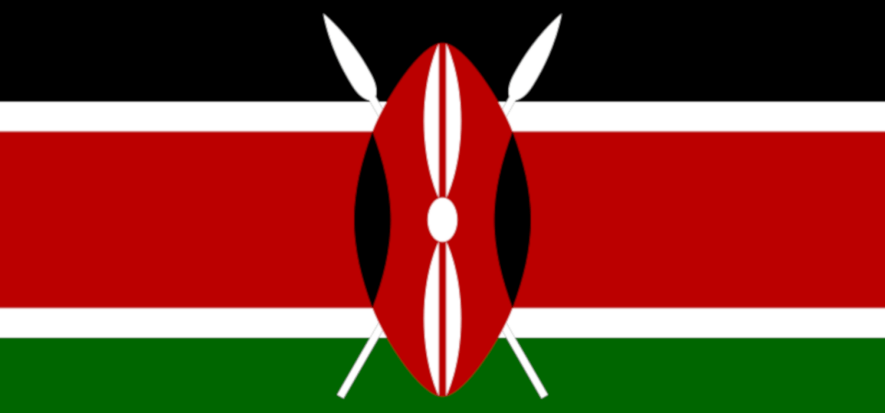The protectionist policies implemented by Kenya’s government is starting to yield results. As expected, it is supporting local manufacturers, but it also costly. The 80% duty on exported hides had already angered traders and tanners. The country is now facing the foreign revenue results for the first 9 months of 2019.
Poor performance for raw hides, while finished goods improve
As reported by businessdailyafrica.com, during the first 9 months of 2019, export of raw hides decreased by 27.5% in volume. The drop was major during the third quarter. Wet blue leather sales also lost 8.87%. Meanwhile, internal demand grew. According to data directly published by Kenya’s government, local small and medium businesses increased their demand for national leather. Statistics also show an increment in exports of finished goods equal to +4.1% in the period, counter to the -7.1% of 2018’s same months. One thing is for certain: protectionism can (sometimes) work, but it is expensive. Kenya has not only had to forget about the income from the export of raw material, but it has also had to invest about 1 billion euro in the local manufacturing segment.
Read also:











